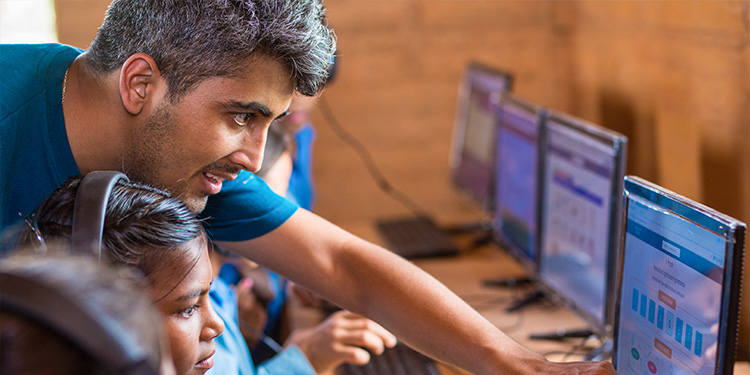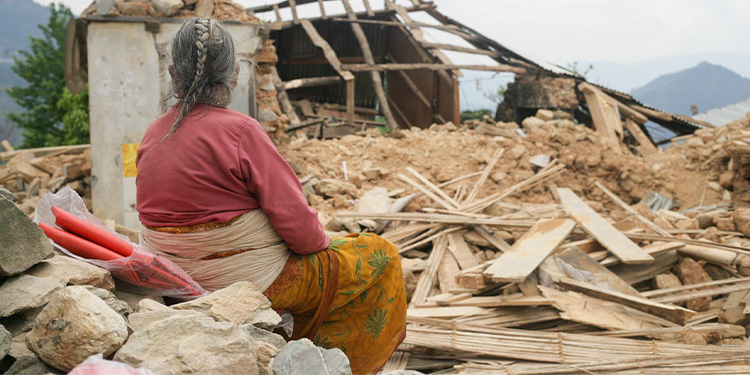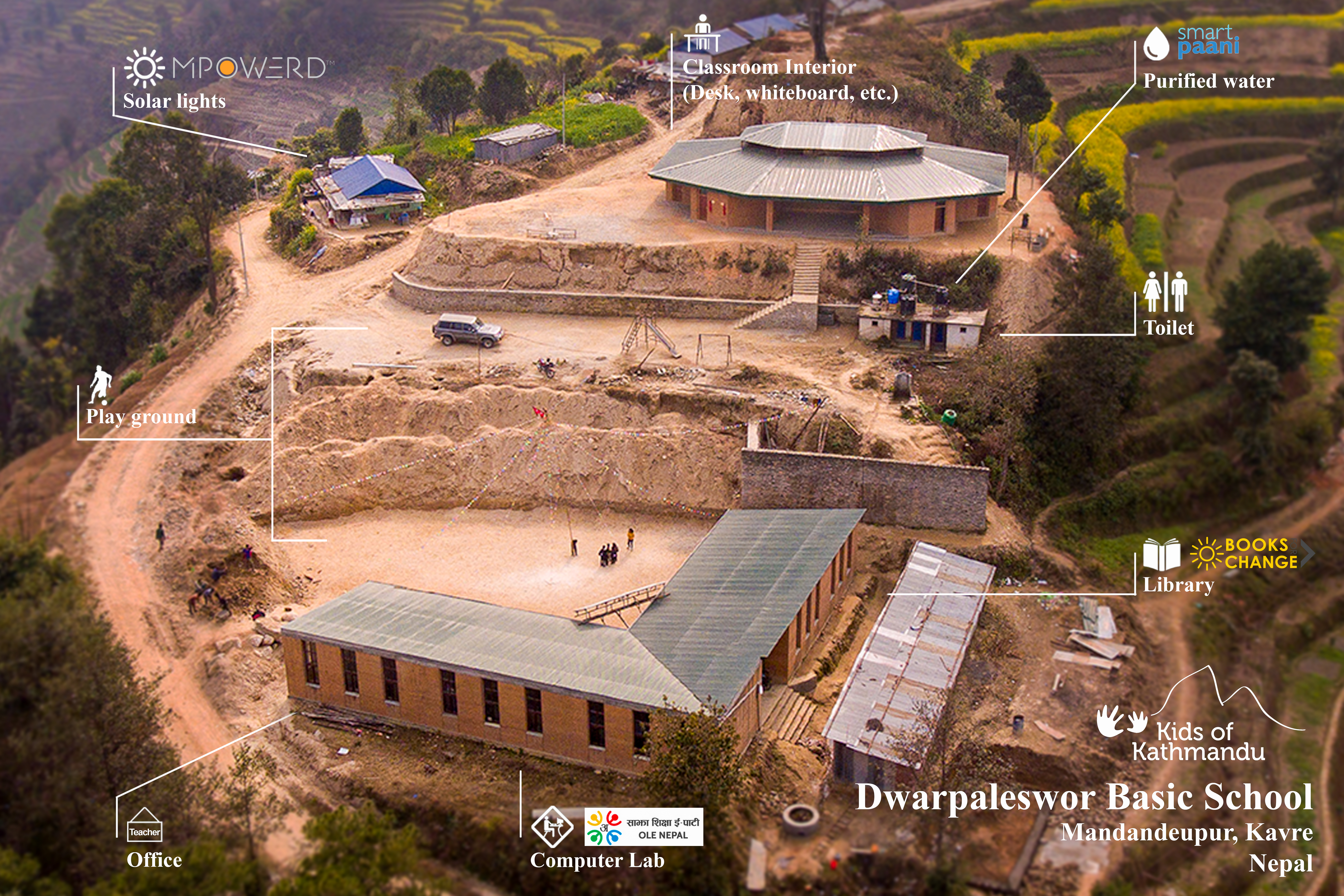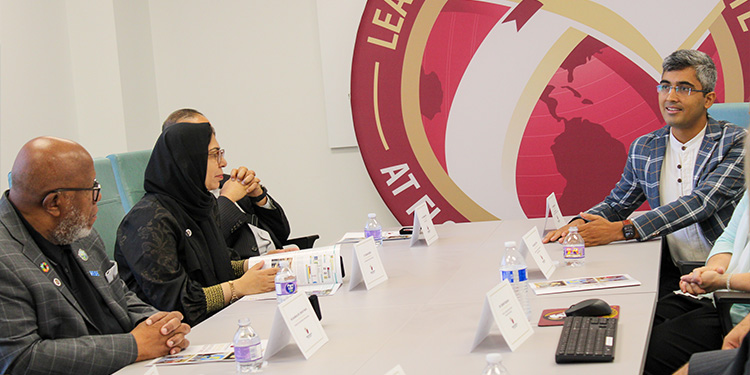Dahal's Work With Kids of Kathmandu Provided Schooling For Thousands In Nepal

By Larissa Martins, LSI Communications Assistant
For nearly fifteen years, Bhushan Dahal has been a key figure in education reform in his home country of Nepal through his work with the nonprofit organization Kids of Kathmandu. In that time, the organization has built 11 schools housing 6,000 students, which include computer labs, libraries, furniture, and water purification systems.
Dahal, an FSU doctoral student and graduate assistant at the Learning Systems Institute, was the first official employee at Kids of Kathmandu and later became the organization's director. Dahal was initially hired as a liaison officer to provide project updates from Nepal to donors in the USA and take promotional photos to support fundraising efforts in the United States. Due to his broad skill set, his role quickly expanded to overseeing the allocation of funds. Between 2010 and 2015, he played a pivotal part in solidifying the credibility of Kids of Kathmandu, successfully leading the implementation of numerous projects.
"It went from being one person trying to do a few projects to being in a position where I was running an organization," said Dahal. "It was a complete shift of responsibility."
Things dramatically changed for Kids of Kathmandu and Dahal in April 2015. Nepal was devastated by a catastrophic 7.8 earthquake, the worst natural disaster in the country in several decades. Nearly 9,000 people lost their lives, and another 22,000 suffered injuries. Thanks to much of Dahal's work in Nepal, Kids of Kathmandu was already a well-established and trusted organization. That credibility led to an influx of donations from around the world to aid in the country's recovery. Dahal and his team immediately began developing strategies to maximize this new stream of resources from international agencies, local and national governments, and other stakeholders.

"The two good things that I would say happened after the earthquake: One, it happened on the weekend because, given the structure of the schools, it would have been really bad if it was on a weekday and kids were in school," recalled Dahal. "The other thing was, in essence, the world came to Nepal, saying, 'You know what, there was an earthquake, and how can we help."
During the three weeks following the earthquake during their rescue efforts, Dahal and his partners realized how badly the public school structures were damaged. At that point, they started to build temporary schools and realized they could scale the project's scope to build permanent schools. Since then, the central focus of Kids of Kathmandu has been providing children with quality education by building sustainable schools in underprivileged communities.
"The sustainable approach has been our key feature because it looks beautiful, it aligns with the landscape, and leaves little to no carbon footprint on Mother Nature," stated Dahal.

Throughout his career, Dahal has been driven by finding ways to merge his business degree with his work focused on making an impact via education. In pursuit of answers, Dahal is furthering his journey as a Ph.D. student in Educational Leadership and Policy Studies.
Despite being less involved in the day-to-day operations of Kids of Kathmandu since moving to the U.S., Dahal continues to play a crucial role as the nonprofit's strategic director. Additionally, he has been involved in several projects at the Learning Systems Institute, expanding his expertise in project conceptualization, grant writing, and execution.

"The work I'm doing with LSI, the people that I'm meeting—this learning has been more inspiring," said Dahal. "Yes, the coursework has to be done. It's a part of the process, and I'm learning from it, but is that everything? No. I think beyond that, the friends I'm making, the network and events I'm going to, the quality of work I'm doing and experiencing, has been very inspirational and something that I can bring back to my country."
